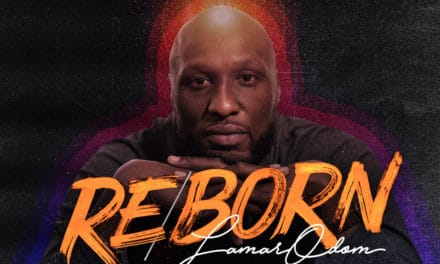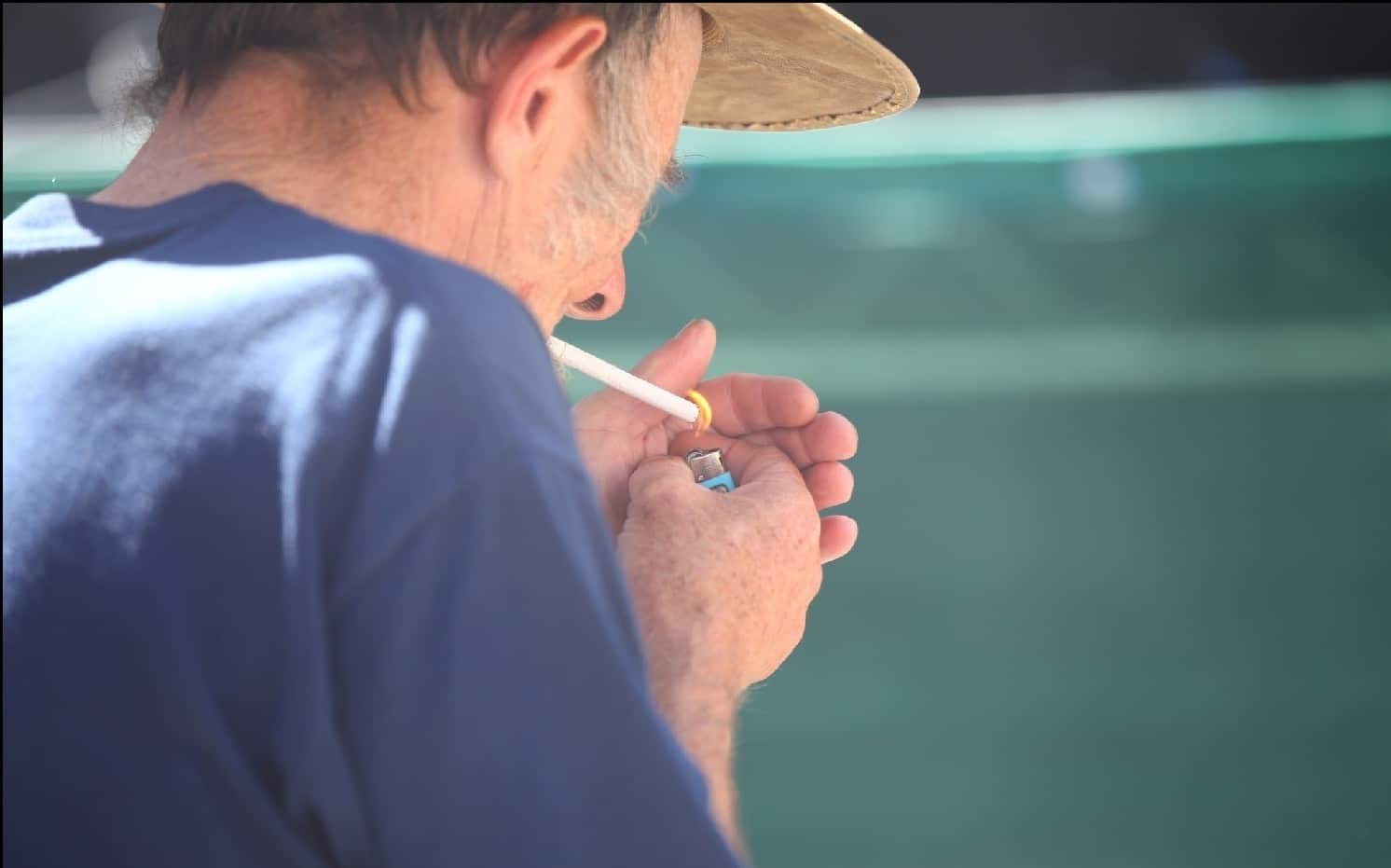On March 16, 2019, the New Mexico state legislature took important steps towards improving access to cannabis. They included separate measures to decriminalize personal possession of cannabis, expand the existing medical marijuana program, and increase the rights of medical patients.
But a bill to legalize recreational cannabis, first passed in the state House of Representatives, died when it could not garner enough votes in the state Senate. This is significant because New Mexico’s newly-elected Governor, Michelle Lujan Grisham, has expressed support for signing onto an adult-use measure if it passes in the legislature.
We spoke to Monique Chavez, a New Mexico resident and cannabis activist who has lobbied continuously for recreational pot in her state. Chavez is the Owner/Operator of Southwest CannEvents, a cannabis event business, an attorney with a JD from the University of New Mexico School of Law, and a former member of the Board of Directors of Students for Sensible Drug Policy, among her other experience.
This interview has been edited with modest creative liberty.
New Mexico is bordered by Colorado, which led the way in legal recreational pot; by Arizona, which has had medical pot for many years; and by Texas and Utah, which both have highly restrictive medical cannabis programs. What is the political dynamic with marijuana in your state?
Many people forget New Mexico was one of the very first states to pass a medical program in 2007, and the first state to create a cannabis regulatory agency. Lawmakers have finally come to the point that they know it’s going to happen, and if they don’t get involved they will get left out. The cannabis community here has been pushing for this since I was in law school. We have had recreational bill on the table for the last five years. It was introduced again this past session as House Bill 356.
But H.B. 356 was not the only marijuana legalization proposal put forth?
That’s right. Senate Bill 577 was introduced by three Republican Senators and it was a very conservative bill that still allowed recreational use. It provided the framework for state-run stores, took away home-grow rights, and allowed only one ounce to be carried. It was the least amount of freedom you could get in a recreational bill.
What surprised me the most was the Republican Party embracing socialist weed shops! Doesn’t that run counter to their political ideology?
I don’t see the contradiction; they want to control everything. It seemed that they wanted their hands on as much of it as they could get. The state would be the ones doling out the pot and collecting money from it. The industry would just get private cultivation, but once we wholesale it to the state, we wouldn’t see anything else, no taxes or retail markup. We would miss out on so much income. That jeopardized small business owners’ dreams of opening a retail shop. The only private retail shops allowed couldn’t be within 25 miles of a government shop.
So how did the final and failed proposal come together?
The legislators decided to marry HB 356 and SB 577 together. They cherrypicked what they thought would be most beneficial and could pass through the legislature, not what the constituents wanted or what would be best for the state and the industry. That’s how we ended up with the modified Bill 356 with certain provisions of 577, which narrowly passed the House of Representatives with a 36-34 vote. I think we, the cannabis industry, really got the short end of the stick with that compromise. But the bill ultimately failed after it stalled in the Senate without enough votes.
But your state achieved the passage of a marijuana legalization bill through either house of its legislature for the first time in history. Why did this effort ultimately fail?
It was insane to see how many people were opposing both bills. The Republican bill came out of nowhere, no one knew about it. We’ve worked together—somewhat—on the other bill. But what surprised me was that the medical marijuana community fought most staunchly against the compromise bill.
As far as we’ve come and as hard as we’ve worked to get legalization, it was almost frightening for me to see that so many medical patients were willing to keep struggling without legalization just because they didn’t like the bill and what it included. It has really divided our community. People have told me they don’t want my help anymore just because I said I supported the bill. Politics is what it is, but it’s disheartening to see what this has done to our community.
Why did you support the compromise bill?
Because I think we needed it. I am thinking about the bigger picture. Our state needs revenue and to lift people out of poverty and take people out of jail and rehabilitate them. Because the bill provided components of those things, I supported it.
How did a marijuana legalization bill purport to support these bigger goals?
First and foremost is tax revenue. There was a proposed 17% tax rate, which included separate state, local, and sales taxes, part of which was budgeted for our schools. Our public education is ranked 50th in the nation out of all other states and the District of Columbia.
It also allocated money to help create prison rehabilitation programs, which our state is really lacking. We have so many people in and out of the criminal justice system who don’t know how to reintegrate into society.
It also provided a subsidy for our medical program. We have so many low-income people who can’t afford their medicine. We have some of the highest prices for medical cannabis in the nation. We pay an average of $10.16 per gram and at least $156 per ounce, compared to $75 per ounce in our neighbor Colorado. The bill also included a social equity program component, to help people of color and other groups most targeted by the War on Drugs get into the cannabis industry.
Another huge piece was expunging criminal records and reducing penalties. We need to get these people out of jail on whom we’re spending millions of dollars, and fix their records so they can get jobs and enter the industry. Right now you can’t work for a medical cannabis or hemp producer if you have a felony conviction for a controlled substance.
The bill also included grower’s collectives, which is huge for medical patients. A collective is a group of patients able to grow collectively for other patients and provide their medicine. Right now you can have a caregiver who grows for you, but it has to be on your property. If you rent and your landlord won’t let you grow, you have no way to grow for yourself.
This is what divided many medical patients because they’ve been fighting for collectives. We have such a large state with so many rural communities that producers don’t want to go to because they know they won’t make any money there. So we need collectives and people willing to grow for others in these rural communities.
However, what frustrated me was the bill removed a provision allowing us to create micro-businesses. We don’t even have that many small businesses that survive in this state, let alone large companies, so this should be an important provision going forward.
Now that the bill failed and the legislative session ended, where do you go from here? Will you keep lobbying next year?
I’ve been really frustrated by this whole process, because our lawmakers depend on the local Drug Policy Alliance a lot but don’t talk to constituents. I tried to get a hold of Representative Javier Martínez, the bill’s sponsor, to help him but he never answered my phone calls. He wouldn’t accept my offer of free help to draft and review the bill.
We have so many advocates and special interest groups that lawmakers could come to for help, but they don’t. It makes me wonder what I want to do with lobbying. I’m always going to advocate, but that may not mean giving the lawmakers support. We had a 60-day session, which is very long, and I hoped more would get done. We had 10 different bills related to drug law, marijuana, or medical marijuana, and most of them did not pass. It’s really frustrating to see our legislature so behind on this. We could talk to them all day long but a lot of them are from the older generation, the Reefer Madness days, and they’re set in stone. It’s hard to persuade them on what our generation thinks would help our state.
I went up to the capital every chance I had because I know many people don’t have a voice and can’t make it. I started in this movement as an advocate and that will never change just because I’m in the industry now. Advocacy is the most important key to getting anything done.
So legalization will fight another day in your state. Governor Michelle L. Grisham has promised to put this issue on the agenda for the 2020 session, when she has some power to set the legislative priorities.
And any poll shows more than 50% support of this. This has become a huge debate in our state. I’m glad we’re finally making the news and people are talking about us! The conversation is changing quickly and people are now seeing what legalization can do for our state.











